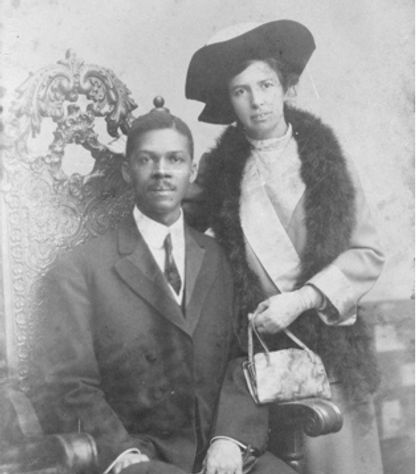
The Bahá'í Faith
" Religion should be the cause of love and unity... " ~Bahá'u'lláh
Kingston Upon Thames Bahá'í Community

Abolition of all prejudices
Acceptance of the oneness of humanity demands that prejudice—whether racial, religious, or gender-related—must be totally eliminated.
Misconceptions and prejudices that consider one group of people as superior to another are a major contributor to humanity’s present afflictions. Prejudice is a false perception, or preconception, of others based on ignorance, blinding us to the fact that every person is essentially a spiritual being with unique talents and capacities, a “mine rich in gems of inestimable value.”1
Forging strong relationships with people from all walks of life is the antidote to the corrosive disease of prejudice. “[S]earch diligently for the truth and make all men your friends,”2 said ‘Abdu’l-Bahá.
The achievement of full equality between the sexes is one of the most important prerequisites for building a united world. Gender prejudice perpetrates an injustice against women and promotes in men harmful attitudes and habits that are carried from the family to the workplace, to economic and political life, and ultimately to relations among states. There are no grounds, moral, practical, or biological, upon which denial of the equality of the sexes can be justified.
“The world of humanity is possessed of two wings: the male and the female,” observed ‘Abdu’l-Bahá. “So long as these two wings are not equivalent in strength, the bird will not fly.”3
No ethnic or cultural grouping is superior to another. All receive God’s love in equal measure. ‘Abdu’l-Bahá said: “God is the Shepherd of all and we are His flock. There are not many races. There is only one race.”4
Recognition by the biological and social sciences of only one human species removes any basis for racial prejudice. Every individual, from whatever background, can contribute to the betterment of the world.
Racism retards the potentiality of its victims, corrupts its perpetrators, and blights human progress. If this problem is to be overcome, the oneness of humanity must be universally upheld and protected by law and through social policies.
Love of all the world’s peoples does not exclude love of one’s country. But unbridled nationalism and its associated prejudices must give way to a wider loyalty, to the love of humanity as a whole. “Let not a man glory in that he loves his country;” said Bahá’u’lláh, “let him rather glory in this, that he loves his kind.”5
Strife between religions throughout history has been the cause of innumerable wars and conflicts, and a major barrier to progress. Yet religion, wrote Bahá’u’lláh, “is the greatest of all means for the establishment of order in the world and for the peaceful contentment of all that dwell therein.”6
Religious prejudice must be eliminated as the human race moves towards its maturity. Followers of all religions must ask how differences between them are to be resolved. The challenge facing their leaders is to contemplate the plight of people everywhere and to ask themselves whether they cannot submerge their differences in a great spirit of mutual forbearance that will enable them to work together for the advancement of human understanding and peace.
Notes
1. Tablets of Bahá’u’lláh, Lawh-i-Maqsúd↩
2. ‘Abdu’l-Bahá, Paris Talks↩
3. ‘Abdu’l-Bahá, The Promulgation of Universal Peace↩
4. ‘Abdu’l-Bahá, cited in The Bahá’í World, Volume III, p. 336.↩
5. Bahá’u’lláh, cited in The Promised Day is Come↩
6. Bahá’u’lláh, cited in The World Order of Bahá’u’lláh↩